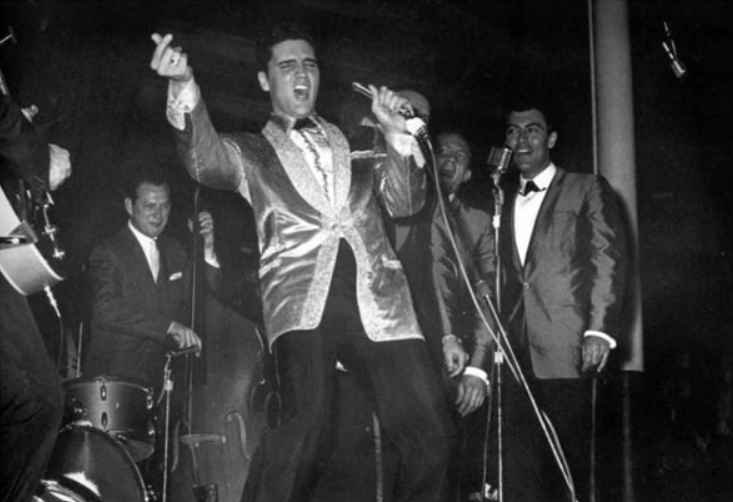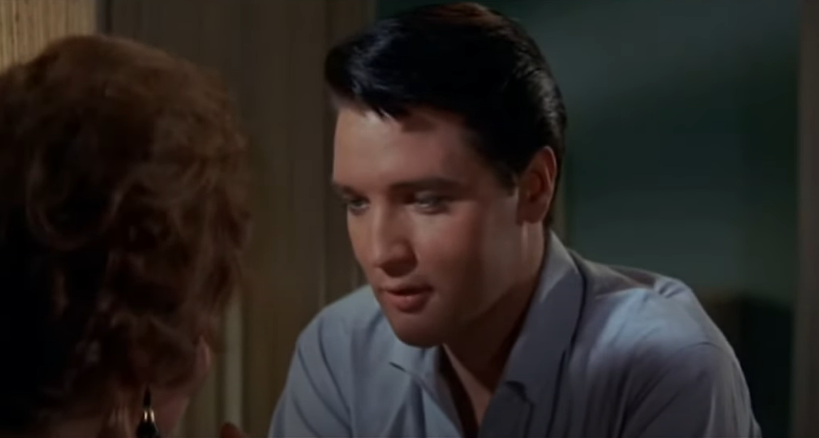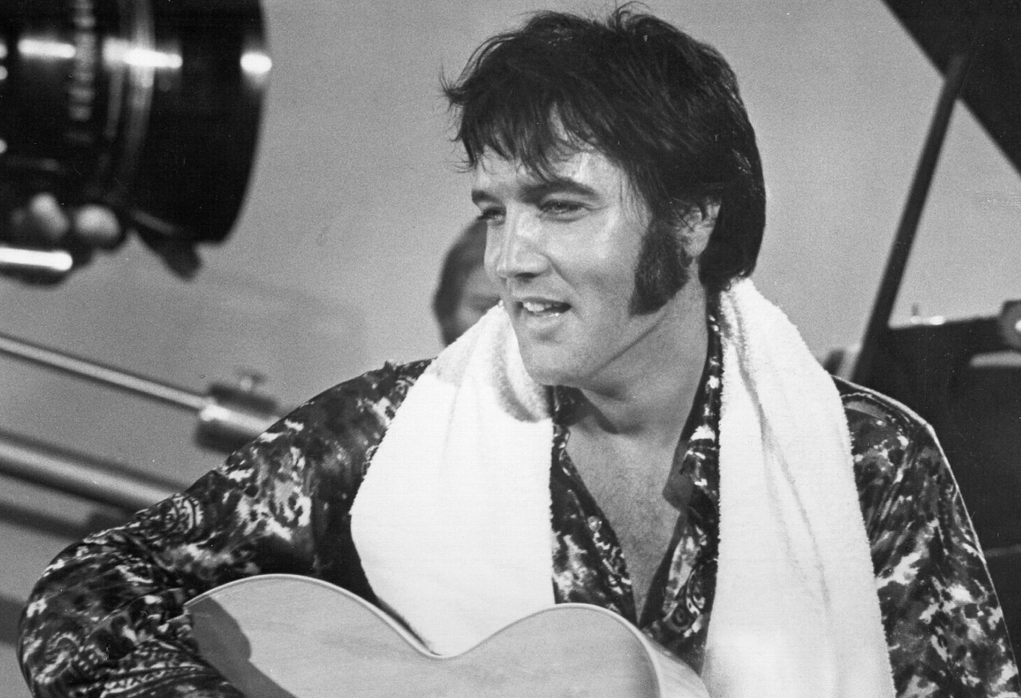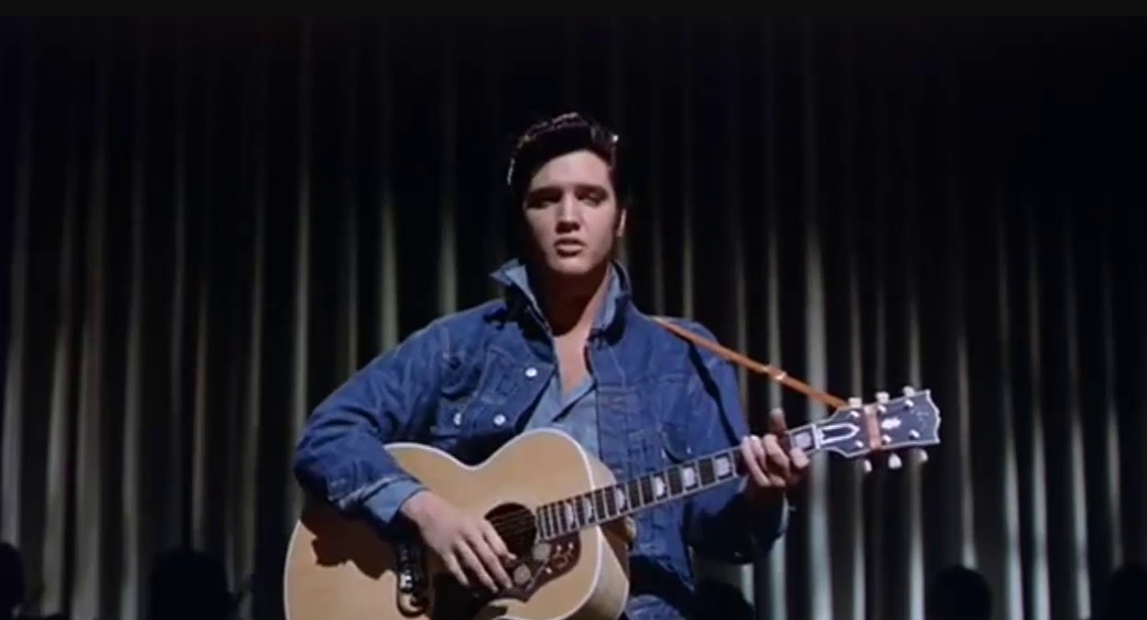Exploring the Allure and Pitfalls of Carny Town: An Analysis of Elvis Presley's Lesser-Known Gem
(watch the video below)
"Carny Town" is a lesser-known gem in the vast repertoire of Elvis Presley, yet it encapsulates the essence of his artistry and the complex themes he often explored in his music. Released in 1964 as part of the soundtrack for the film "Roustabout," the song takes listeners on a journey through the world of traveling carnivals, shedding light on the gritty realities behind the glitz and glamour.
At its core, "Carny Town" is more than just a catchy tune; it's a narrative that delves into the lives of those who inhabit the transient universe of carnivals. Through vivid imagery and poignant lyrics, Elvis paints a vivid picture of the carnival life, portraying both its allure and its pitfalls. The song serves as a poignant commentary on the human condition, touching upon themes of longing, escapism, and the pursuit of freedom.

The opening notes of "Carny Town" set the stage for the story that unfolds. With its lively melody and infectious rhythm, the song immediately grabs the listener's attention, drawing them into the world of the carnival. Elvis's rich, velvety voice carries the weight of the lyrics, infusing each word with emotion and depth.
As the song progresses, Elvis takes on the role of a narrator, guiding the listener through the various sights and sounds of the carnival. From the neon lights and cotton candy to the thrill of the rides, "Carny Town" captures the sensory overload of the carnival experience. Yet, beneath the surface, there's a sense of disillusionment lurking, hinting at the darker side of this seemingly magical world.
One of the most striking aspects of "Carny Town" is its portrayal of the people who populate the carnival. Elvis sings of the "painted faces" and "lonely eyes" that inhabit Carny Town, painting a poignant picture of the individuals who are drawn to this transient way of life. There's a sense of camaraderie among the carnival workers, a shared bond forged by their shared experiences and the challenges they face on the road.

However, amidst the camaraderie, there's also a sense of longing and restlessness that permeates the song. Elvis sings of dreams that "never came true" and hearts that are "searching for love." Despite the excitement and camaraderie of the carnival, there's a palpable sense of loneliness and longing that underscores the festivities.
At its core, "Carny Town" is a song about the pursuit of freedom and the search for meaning in a world that often feels chaotic and uncertain. The carnival serves as a metaphor for life itself, with its ups and downs, its thrills and disappointments. Yet, amidst the chaos, there's also beauty to be found – in the laughter of children, the glow of the lights, and the simple pleasures of the carnival.
In many ways, "Carny Town" is emblematic of Elvis's broader body of work. Throughout his career, he was drawn to themes of longing, alienation, and the search for identity. His music often served as a mirror to society, reflecting the hopes, fears, and aspirations of the times.

"Carny Town" may not be as well-known as some of Elvis's other hits, but it remains a testament to his talent as a storyteller and a singer. With its evocative lyrics and infectious melody, the song continues to captivate listeners decades after its release, serving as a reminder of the enduring power of Elvis Presley's music.
In conclusion, "Carny Town" stands as a testament to Elvis Presley's enduring legacy as one of the most iconic figures in the history of popular music. Through its vivid imagery and poignant lyrics, the song transports listeners to the world of the carnival, capturing both its allure and its pitfalls. More than just a catchy tune, "Carny Town" is a narrative that explores themes of longing, escapism, and the pursuit of freedom, making it a timeless classic in the pantheon of Elvis's music.



